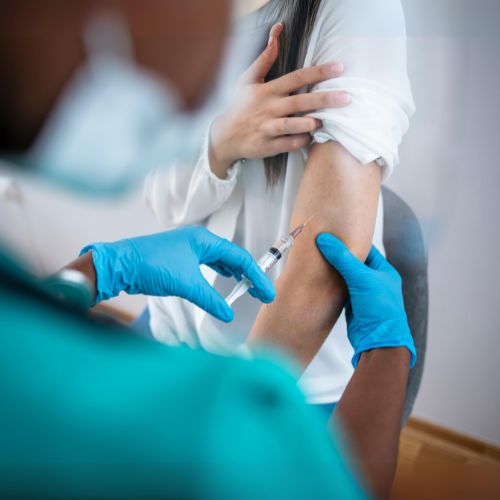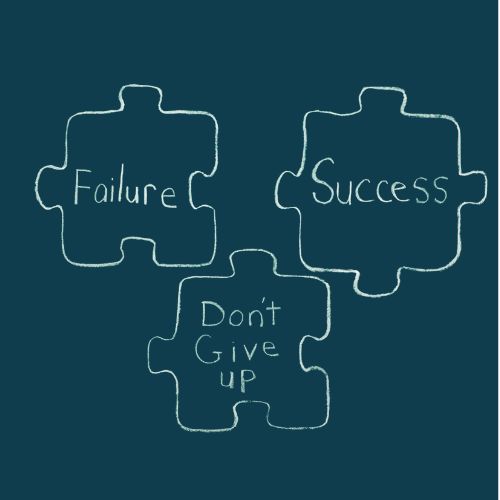
The Role of Vaccination in Disease Prevention: Protecting Lives, One Shot at a Time
Vaccination is one of the greatest public health achievements in history. It has drastically reduced, and in some cases eliminated, the prevalence of deadly diseases. Despite its proven success, there are still misunderstandings and hesitations about vaccines. In this post, we will explore the critical role vaccination plays in disease prevention, how it works, and why it remains a key tool in safeguarding global health.
1. Vaccines: A Lifesaving Innovation
Vaccines have saved millions of lives worldwide, preventing infectious diseases that were once rampant. From polio to smallpox, vaccines have helped curb epidemics and protect people from severe illnesses. But how do vaccines work?
Vaccines stimulate your immune system to recognize and fight off harmful pathogens without causing the actual disease. They introduce a harmless version of the germ—whether it’s a dead, weakened, or part of the microorganism—so that your immune system can learn to recognize and destroy it if you’re ever exposed in the future.
2. How Vaccination Prevents Disease: Your Immune System’s Best Friend
When you receive a vaccine, your immune system creates antibodies—proteins that help fight infections. These antibodies stay in your body, providing long-lasting protection. If you’re exposed to the disease later on, your immune system is prepared to defend itself.
In this way, vaccines don’t just protect the individual—they also prevent the spread of diseases to others. This is especially important for protecting vulnerable groups like newborns, the elderly, and individuals with weakened immune systems who may not be able to receive certain vaccines themselves.
3. Herd Immunity: Protecting the Community
One of the most powerful benefits of widespread vaccination is herd immunity. Herd immunity occurs when a significant portion of the population becomes immune to a disease, either through vaccination or previous infection, making it harder for the disease to spread. This provides indirect protection to people who cannot be vaccinated, such as those with allergies to vaccine components or compromised immune systems.
In communities with high vaccination rates, herd immunity can prevent outbreaks and even lead to the elimination of diseases. This is how smallpox, once a deadly scourge, was eradicated worldwide by 1980, and polio has been nearly eliminated.
4. Preventing Childhood Illnesses: Vaccines from an Early Age
Vaccination starts at a young age, and for good reason. Infants and young children are particularly vulnerable to diseases like measles, whooping cough, and rotavirus. Immunizing children protects them during these critical early years when their immune systems are still developing.
Routine childhood vaccines not only prevent disease but also keep children healthy so they can grow and develop properly. Childhood vaccinations have led to dramatic declines in once-common diseases that used to claim thousands of lives.
5. Vaccines Across the Lifespan: It’s Not Just for Kids
While childhood vaccines are crucial, vaccination doesn’t stop there. Throughout life, there are key vaccines that help protect adults from serious illnesses. These include flu shots, tetanus boosters, and vaccines for diseases like shingles, which affects older adults.
Certain vaccines are recommended based on your age, health status, occupation, or travel plans. Pregnant women, for example, are often advised to get the flu shot and whooping cough vaccine to protect both themselves and their newborns.
6. Vaccine Safety: Separating Fact from Fiction
Despite the overwhelming evidence supporting vaccination, myths and misinformation about vaccine safety persist. It’s important to rely on scientific data and trusted medical sources when evaluating vaccine information. Vaccines go through rigorous testing and approval processes to ensure they are both safe and effective.
Serious side effects from vaccines are extremely rare, and the benefits of vaccination far outweigh the risks. Most side effects, such as soreness at the injection site or a mild fever, are temporary and minor compared to the risk of contracting a dangerous disease.
7. The Fight Against Emerging Diseases: Vaccines in the Modern World
Vaccination doesn’t just protect against diseases of the past—it plays a critical role in combating emerging health threats. For example, the development of COVID-19 vaccines during the pandemic demonstrated how quickly and effectively vaccines can be developed to fight new viruses.
Vaccines are also important in preventing diseases that are reemerging due to lower vaccination rates or evolving pathogens. The recent resurgence of measles in some countries is a stark reminder of the importance of maintaining high vaccination coverage to keep diseases at bay.
8. Global Impact: Vaccines as a Public Health Triumph
Vaccination campaigns have had a profound impact on global health, particularly in low-income countries where diseases like measles, polio, and tuberculosis once ran rampant. International vaccination initiatives, such as the World Health Organization’s Expanded Program on Immunization, have helped save millions of lives and prevent the spread of deadly diseases across borders.
In developing regions, vaccines have reduced child mortality rates and improved overall quality of life. Vaccines are one of the most cost-effective public health measures, providing long-term protection at a relatively low cost.
9. The Future of Vaccination: What’s on the Horizon?
Vaccines continue to evolve with advancements in medical research. New vaccine technologies, such as mRNA vaccines, have opened up exciting possibilities for the prevention of even more diseases, including cancer and HIV. Researchers are also working on improving existing vaccines and developing new ones to target infectious diseases that currently have no vaccines.
As we look toward the future, vaccination will remain a cornerstone of public health efforts, ensuring that generations to come are protected from preventable diseases. The potential to eradicate more diseases, like polio and measles, remains within reach, thanks to continued global vaccination efforts.






